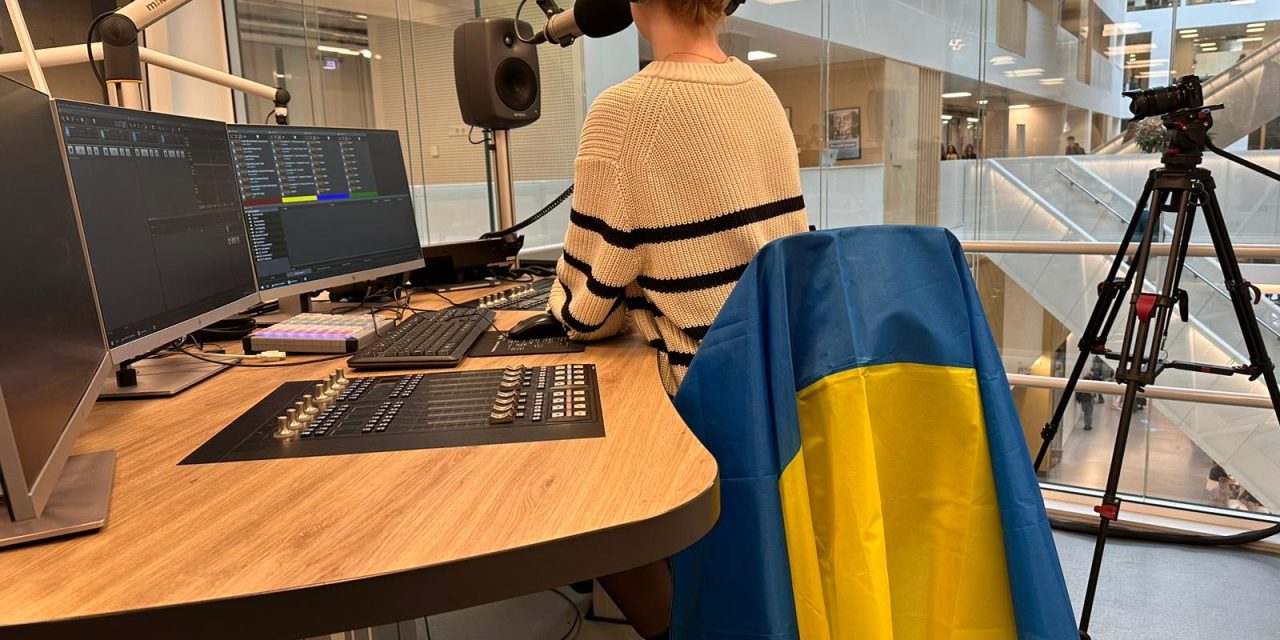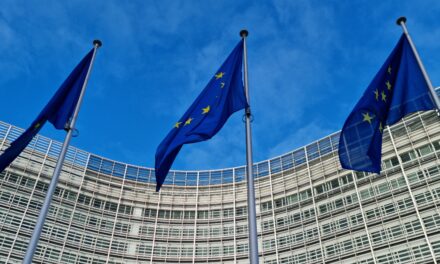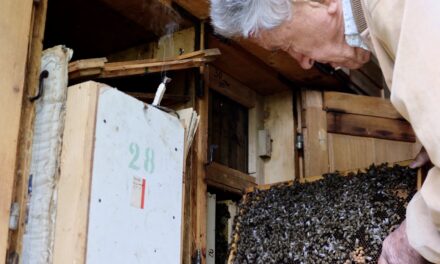Since Russia launched its widescale invasion of Ukraine in February 2022, around five million Ukrainians have fled their country to elsewhere in Europe. In many European Union member states, special protection measures for Ukrainian refugees were quickly set up. However, there are not only Ukrainian citizens who fled the war: there are also students from Nigeria and Turkmenistan, or migrant workers from Morocco and India who have fled. These are the so-called ‘third country nationals’. These people do not hold Ukrainian nationality and do not have a Ukrainian passport, but are from outside the European Union and have a residence permit, and in most cases that is a temporary residence permit in Ukraine. This group is mostly made up of students or migrant workers.
I had the chance to interview Professor Carolus Grütters, senior researcher at the Centre of Migration Law at Radboud University in Nijmegen, the Netherlands, and an expert on the laws and regulations surrounding migration and the rights of migrants and refugees. We discussed what the legal approach surrounding the special temporary protection looks like in Europe and who is subject to those measures, as well as where the term ‘third-country national’ originates from. Because, for me at least, this was quite a new term. Professor Grütters also explained to me the complex situation around third-country nationals. There is a lot of confusion currently whether these people are allowed to stay in Europe, and in this case, we discussed the situation in the Netherlands. According to Professor Grütters, the people with a temporary residence permit in Ukraine who fled to the Netherlands were told that they would receive protection for as long as the Russo-Ukrainian war lasted. Then, some of them received a letter in January of this year that their protection would last until March 2024. So, there was a deadline. Will the Ukrainian war be solved by that time? However, one month later, in February, they were told: sorry, we sent that letter to you wrongly, and your protection ends in 4 weeks. Later on, they were told they could stay until September. This caused a lot of confusion for the third-country nationals: am I allowed to stay or not? If I have to leave, until when do I have the time? And if I want to stay, can I apply for asylum? This is what Professor Grütters said about the legal procedures surrounding Ukrainians and in particular third-country nationals and the confusion on whether they are allowed to stay here or not.
Professor Grütters and I also discussed the objectification of the third-country nationals. Can you make a decision on who ‘deserves’ protection or not based on the passport they hold?
Professor Grütters explained that the whole idea of a nation state is based on a sort of ‘club’ and people who are a member of that club. If we go back to the 18th century, there were different nation states, and there were no borders or border guards. Wealthy people were able to travel and they had letters with them, from their Council, Dukes or Kings stating: this person is important. That is still represented in everyone’s passport: if you look at the very first page of any passport wherever it comes from it says something like “the bearer of this passport is a national of so and so country, I request that you take good care of this person”.
Professor Grütters explained that there is a group of third-country nationals that have appealed the decision of, in this case, the Dutch government to end their protection. They argue that they will be persecuted once they are to be sent back to their countries of origin. Yes, these countries may not be active warzones like Ukraine. But how do you justify sending an Iranian student back to Iran? It is likely these people apply for asylum in the Netherlands, to at least be safe. The question then is: when will they be able to go back to Ukraine, the country they migrated to, to fulfill their goals? That has to be seen.




